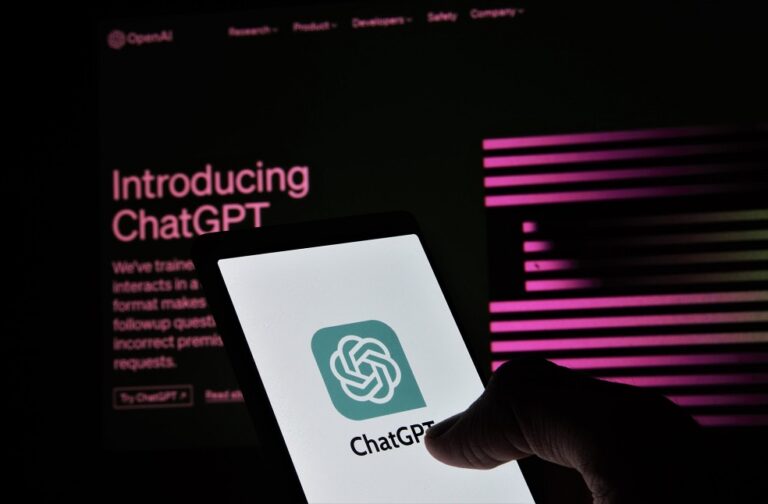London, UK: A new study has found that Open AI’s ChatGPT can give better personal advice than human columnists.
Traditionally, people believed personal advice required human empathy, but ChatGPT is challenging this idea.
According to research published in the journal Frontiers in Psychology, ChatGPT’s responses were regarded as ‘more balanced, complete, empathetic, helpful and better overall compared to the advice by the professional’ by a set of participants.

This shows a significant shift in AI’s capacity to understand and engage with human emotions, an area where the previous GPT 3.5 model faced challenges.
Unlike GPT 3.5, the GPT-4 model is rated to be much better, as it allows users to request different responses and provide feedback. This has enhanced ChatGPT’s ability to give empathetic and socially appropriate advice.
Although the study does not suggest the replacement of human advisors, it does hint at the potential for chatbots like ChatGPT to improve therapy sessions. Moreover, it indicates that human advisors could learn from AI advancements in empathetic communication.

Earlier, researchers from Microsoft, William & Mary, a public research university, and research centres across Asia, had conducted a study to see how large language models (LLM) can understand human emotions.
The study found that LLMs, on which generative AI tools like ChatGPT are based, might indeed “be able to understand and respond to emotional cues.”
The study also noted that ChatGPT’s response quality significantly improved when the prompt contained an emotional cue, such as “This is very important to me” or “This plays a significant role in my career.”



